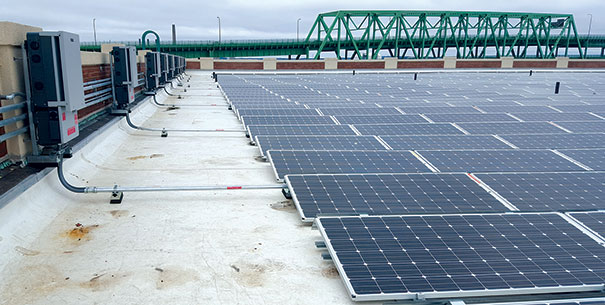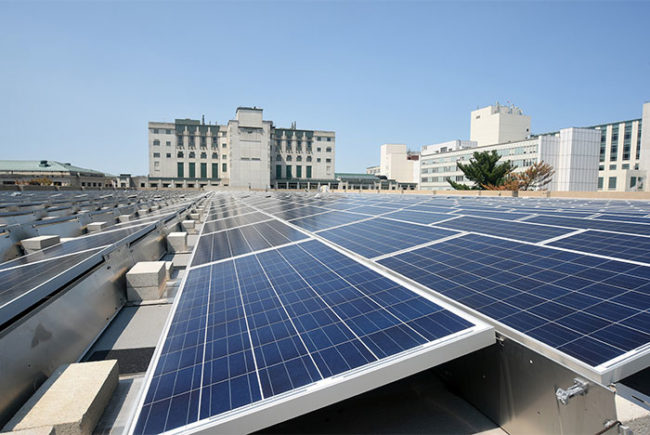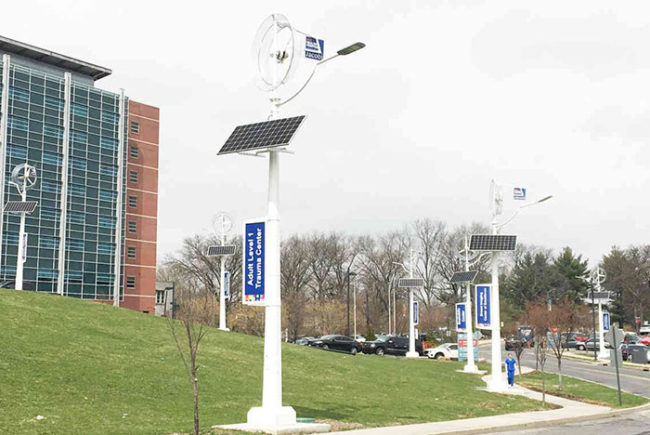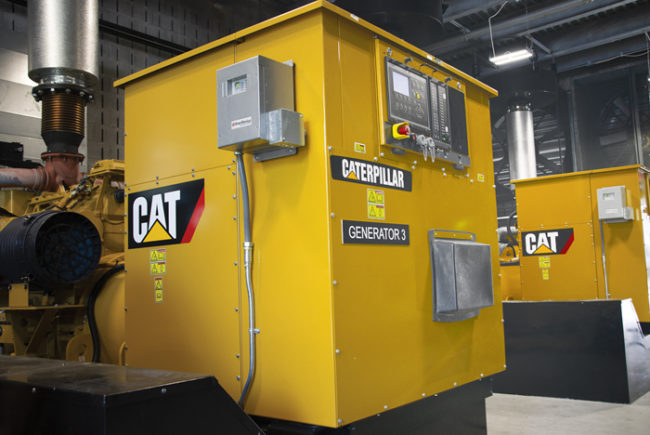
While the Northeast is not generally considered a haven for solar energy, that is slowly changing as states in the region offer renewable-energy program incentives that attract customers with a sustainability mission like that of Massachusetts General Hospital, Boston.
The hospital recently installed a 476-kilowatt (kW) solar photovoltaic (PV) energy system at its medical research facility in Charlestown, Mass. The rooftop PV system, designed by 621 Energy LLC in Concord, Mass., is expected to generate 568,000 kW hours in its first year of production.
Chris Longchamps, senior facilities engineer at Mass General, says that the solar power installation is the latest example of the hospital’s ongoing commitment to sustainability that began a few years ago and continues to expand with the installation of LED lighting.
For the project, 621 Energy teamed up with J.M. Electrical Co., Lynnfield, Mass., and installed the system on the roof of the research facility’s parking garage. The system consists of 1,487 solar panels and 17 solar inverters that should save the hospital approximately $95,000 annually.
621 Energy and J.M. Electrical technicians mounted the solar PV system on the research facility’s roof using a cutting-edge racking system to account for high winds and building height. J.M. Electrical staff oversaw all day-to-day operations throughout the three-month project schedule to ensure that it was completed on time and on budget.
“We were excited to provide a leading hospital in the region with a smarter energy system to support the needs of the facility, and we hope to continue our relationship with them well into the future,” says Bob Clarke, president, 621 Energy.
Massachusetts ranks sixth among all states based on the cumulative solar electric capacity installed as of March, according to the Solar Energy Industries Association (SEIA), Washington, D.C. The Bay State has installed 1,020 megawatts of solar capacity, or enough to power 163,000 homes, SEIA says.
“We don’t get as much sun as California or Arizona, but there absolutely is enough to support it in Massachusetts,” he says. California and Arizona are ranked first and second, respectively, in cumulative solar electric capacity installed as of March, SEIA says.
“We’re looking forward to longer days here and taking advantage of that,” Longchamps says.
The state mandated that energy suppliers purchase an increasing level of renewable energy from its customers starting in 2003 to a level that has increased steadily since then as part of its Renewable Energy Portfolio Standard. Solar generation has increased as part of the program’s standard over time.
The state offers renewable-energy generators the incentive of selling excess solar energy back to the power grid, which, in turn, issues financial credits to the hospital to offset electricity costs at its other facilities, Clarke says. A number of other Northeastern states offer similar programs, he adds.





